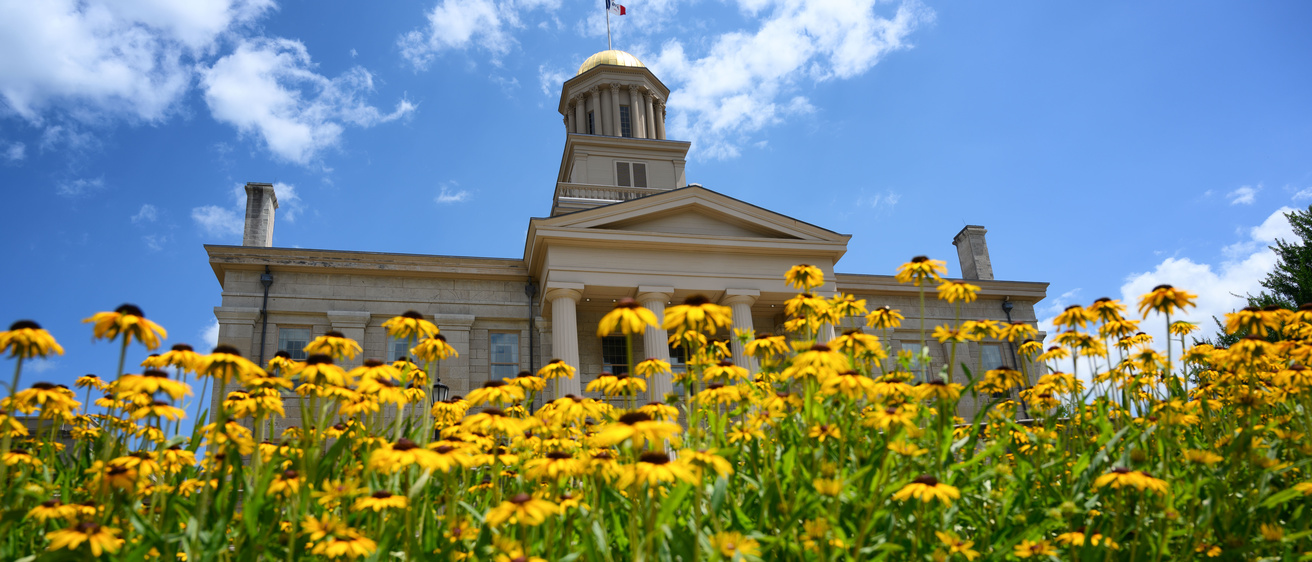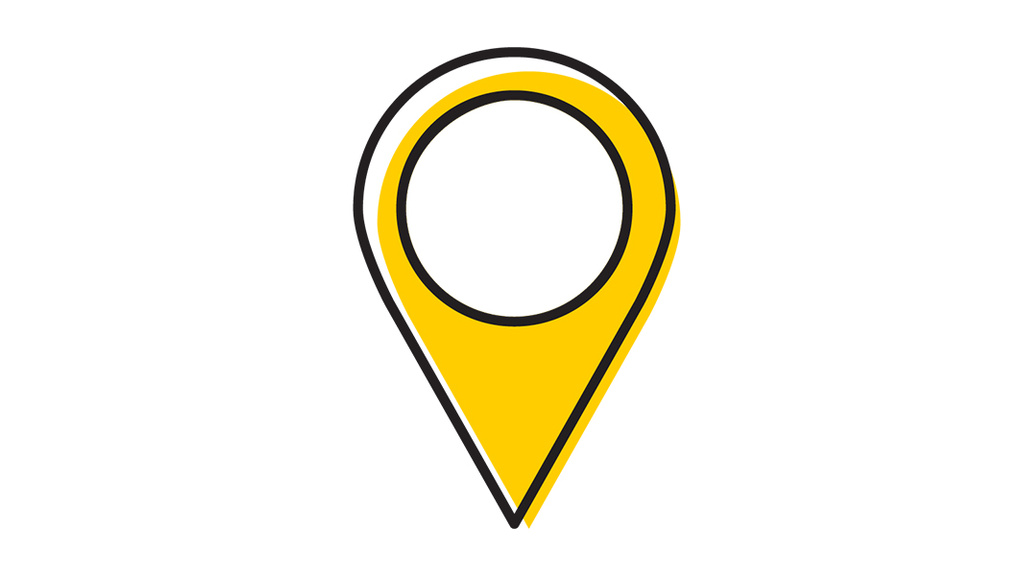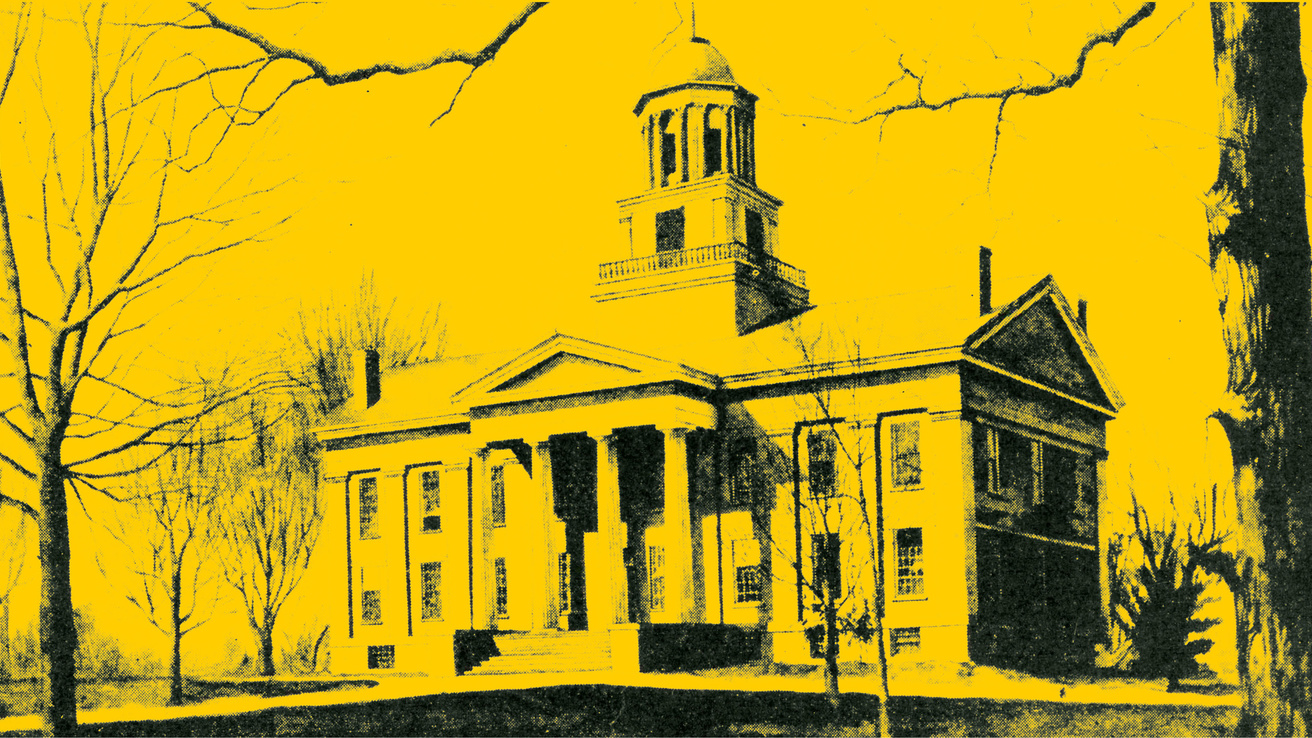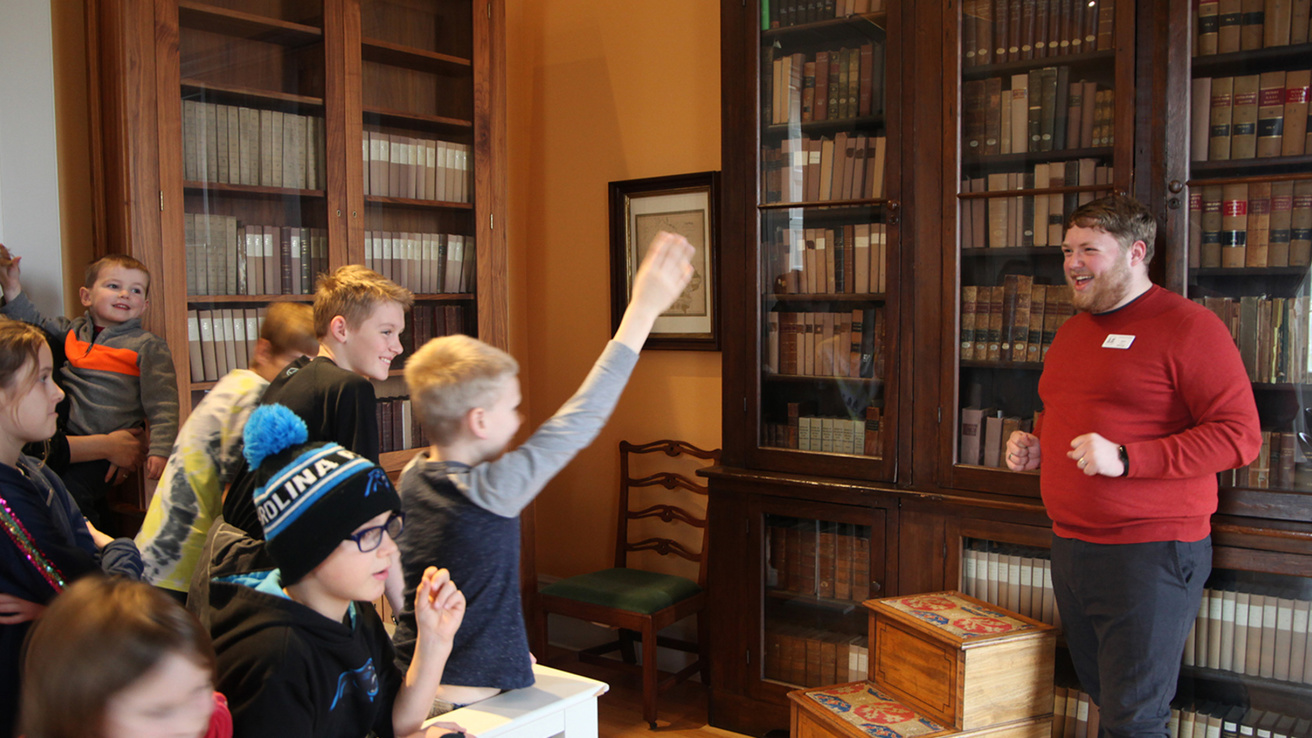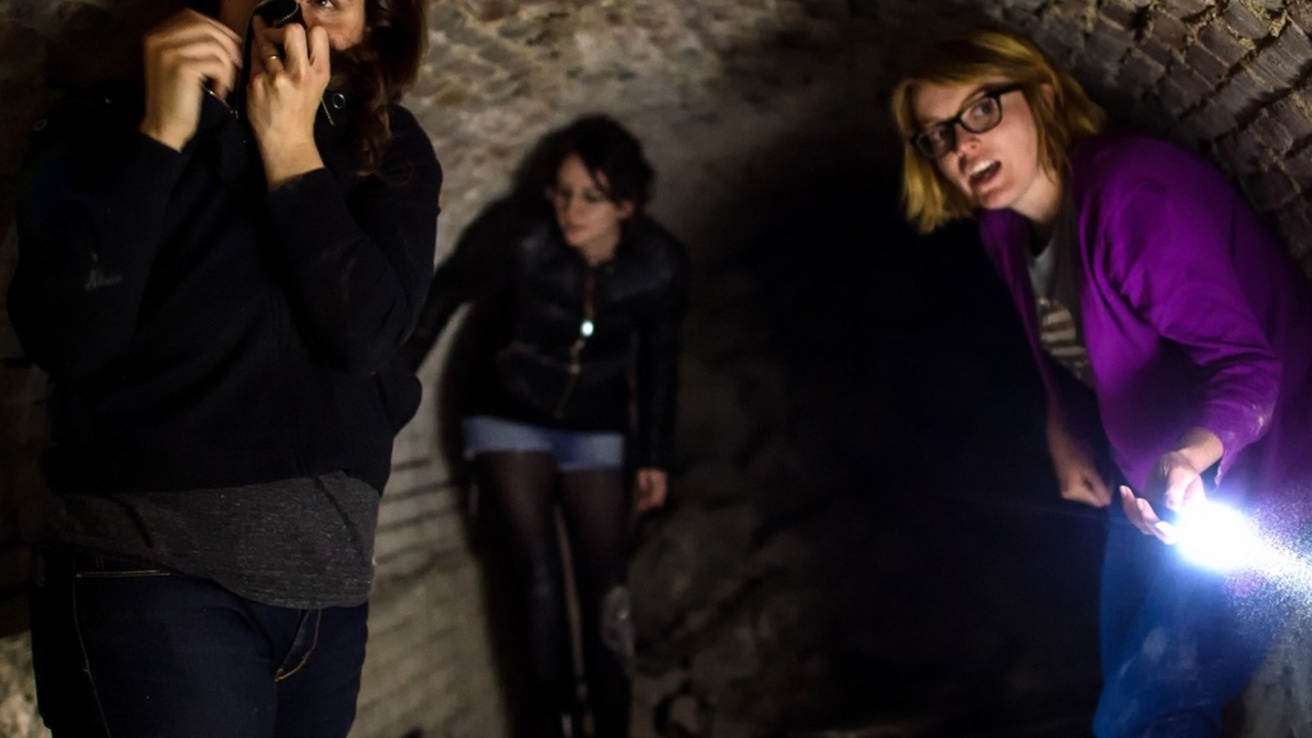Welcome to the Museum.
The Old Capitol remains one of the most recognizable symbols of the state of Iowa. In the many years since the cornerstone was laid, the building has served state legislatures, countless university uses, and has undergone multiple additions and renovations, even surviving a major fire in 2001. Now a National Historic Landmark, the Old Capitol Museum welcomes you to explore.
Calendar

Death of a Brewer: Trailer Teaser Screening & Discussion
Thursday, February 19, 2026 5:30pm
Death of a Brewer film trailer screening and discussion at Old Capitol Museum as part of FREE WEEK in Iowa City
What's new?
The University of Iowa Pentacrest Museums (Old Capitol Museum & The UI Museum of Natural History) serve to strengthen the vital role of both Museums in the educational, research, and engagement missions of the University, enhancing the campus-wide focus on cultural and environmental diversity.
